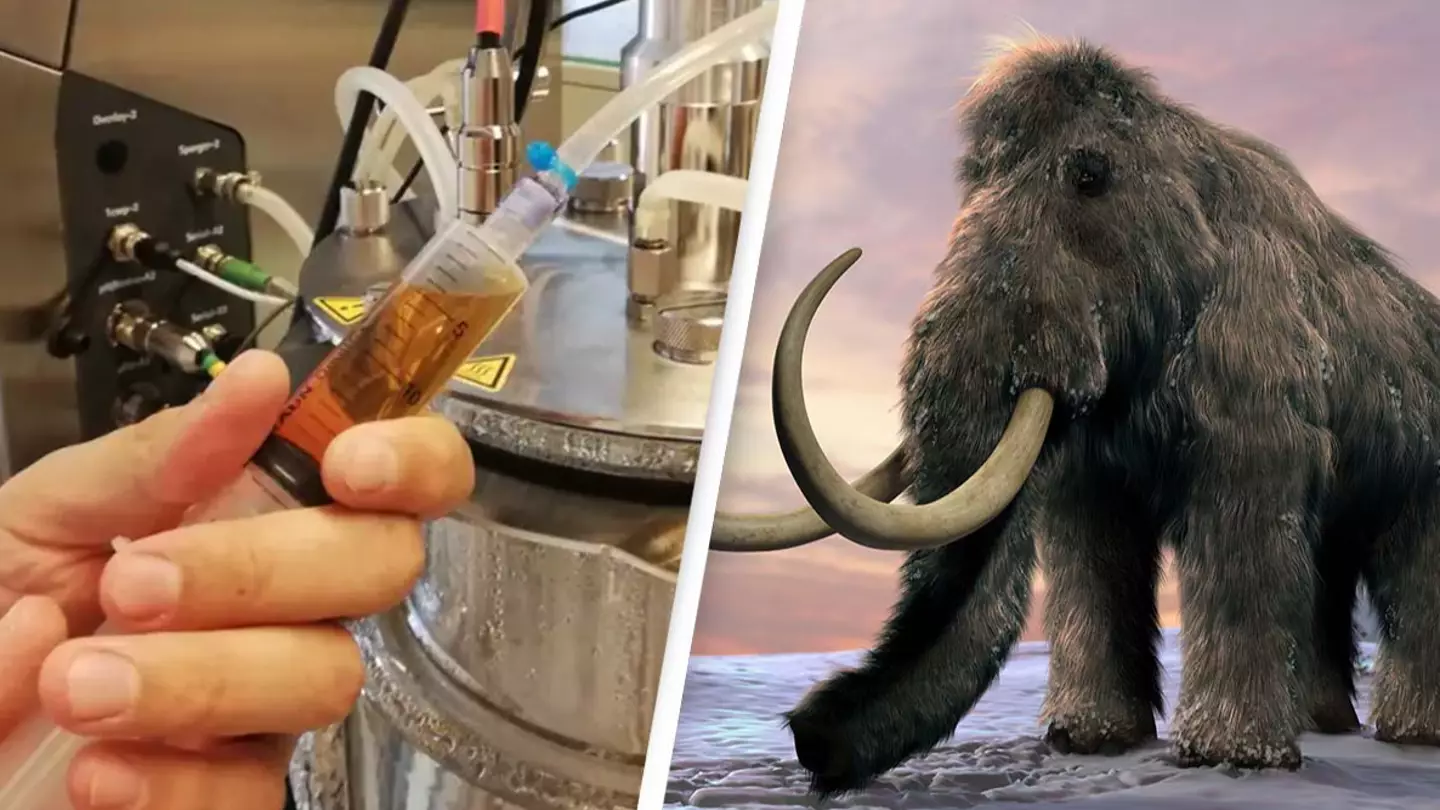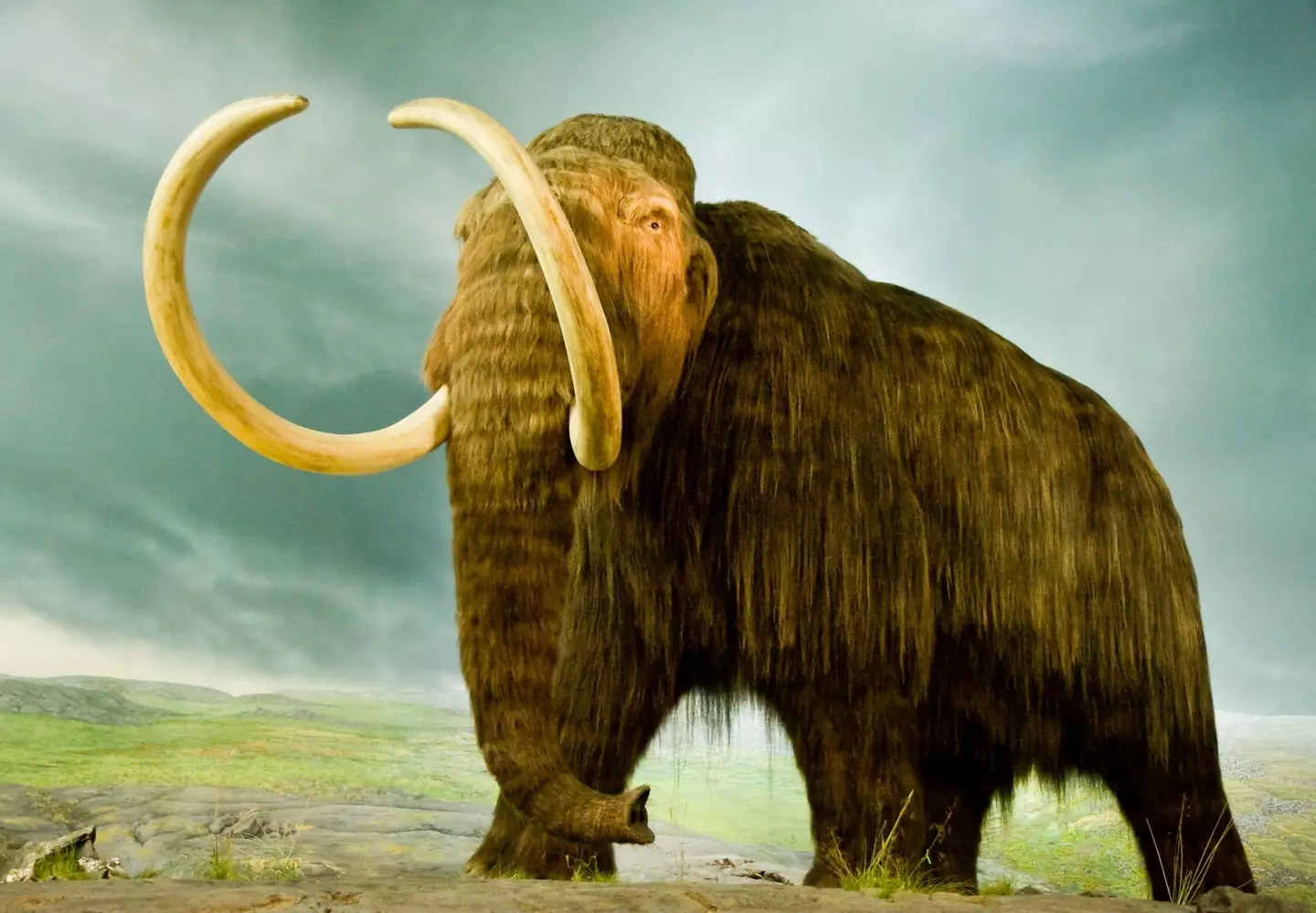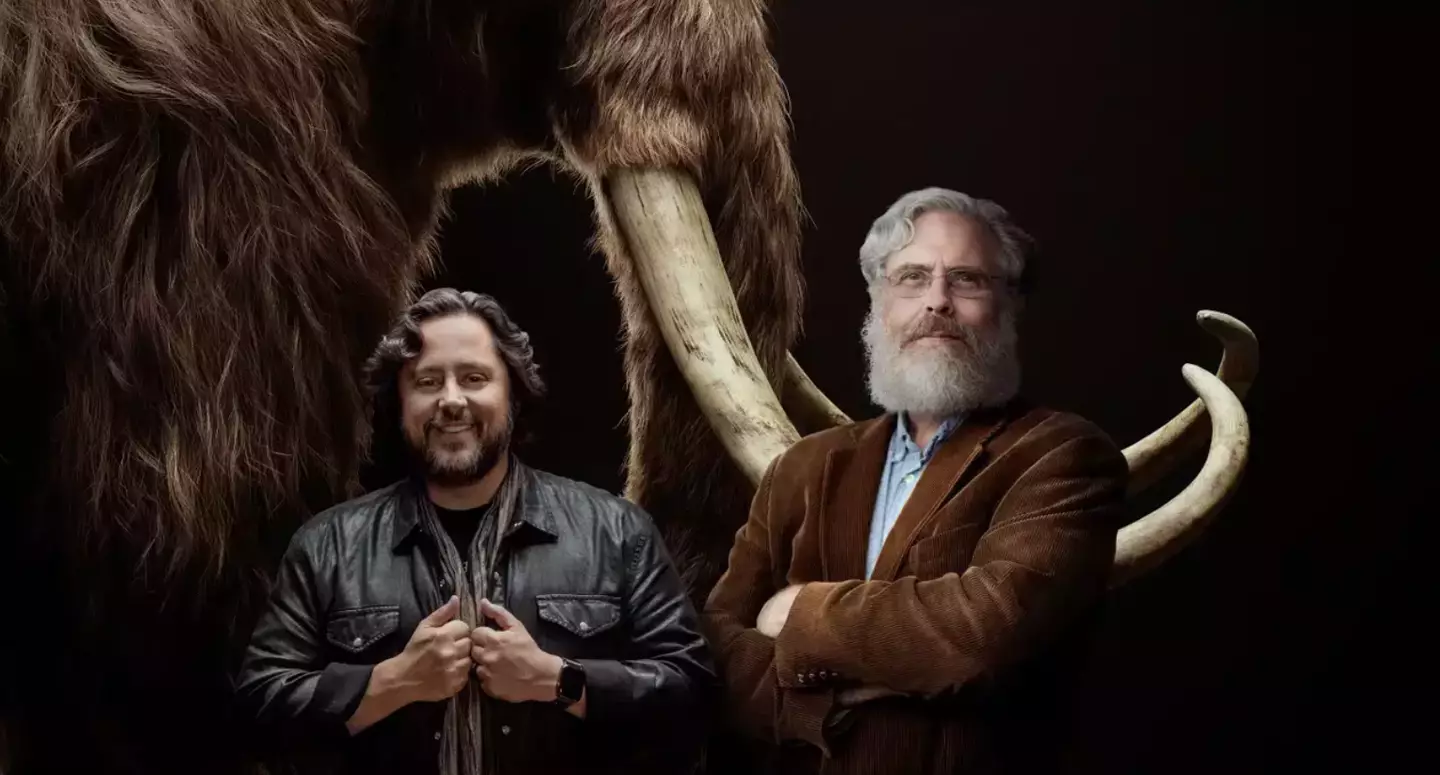
Anyone for a mammoth burger? And by that I don't mean a big burger - I mean an actual mammoth burger. Kind of.
A start-up in Belgium has been playing about with the DNA of the extinct creature, and the results have been 'meaty', apparently.
Food technology company Paleo added woolly mammoth protein to a plant-based burger and reported that it created a more intense flavour than cow protein.

Advert
The company uses precision fermentation technology to develop different animal heme proteins, or myoglobins, which can then be added to meat substitutes to replicate the flavour of meat.
Woolly mammoths died out around 10,000 years ago, but Paleo was able to make the myoglobin using short DNA sequences taken from a 1.2 million-year-old fossil at the Center for Palaeogenetics in Stockholm, Sweden.
"Old DNA is fragmented, so it's like assembling a puzzle," Hermes Sanctorum, the founder and CEO of Paleo, told Insider.
"The myoglobin gene from the Asian and African elephants was used to align (compare) these small DNA fragments with each other, and to reconstruct a full sequence."
Sanctorum explained that the addition of cow myoglobin to a plant-based burger injects a meaty taste and aroma, as well as red colouration - but the mammoth myoglobin had an even more noticeable impact.
He said: "When the mammoth myoglobin is added instead, it tastes even more intense - more meaty. And chemical analysis confirmed that.
"More aromatic compounds associated with grilled meat are present than in the case of cow myoglobin."
Who knows, perhaps one day we'll be eating actual mammoth burgers. You might think that's impossible, but one company is actually on a mission to bring them back.
The project is the brainchild of Colossal - a company that wants to bring thousands of woolly mammoths back into the world in the not so distant future.

Without getting too far into the actual science - because, unsurprisingly, it's rather complicated - this isn't exactly cloning; rather, they want to take mammoth genetics and put them into existing Asian elephants, the mammoth's closest modern day relative.
The company is founded by geneticist George Church and technology entrepreneur Ben Lamm, and the latter told LADbible it could be a 'f***ing cool' way of protecting the planet.
"There is no silver bullet when it comes to climate change," he said.
"It's going to take a while to get to Arctic re-wilding, we're going to have our first few calves in four to six years, and it's going to take six to seven years before they can be truly self-sustainable and knocking down trees, so it's going to take a while.
"We need to be looking at solar and alternative energy sources, we need to be moving to electric, there's a million other things that humanity needs to do.
"I don't think that Colossal is the be all and end all, but it is a natural plan and what’s nice about it is that we think we can sequester a lot of carbon and keep the permafrost cooler and we think that we can suppress a lot of methane from being released.
"Methane is about 30 times worse for the world than carbon. There is more carbon and methane trapped in the Arctic than anywhere else.
"Our hope is that we can get to thousands of elephants in a reasonable time period, and if we can, we can really play a role in suppressing carbon and methane in the Arctic, that's our goal and that's where I think we can leave the biggest impact."
Suffice to say, they have a mammoth task on their hands.
Topics: Science, Animals, Food and Drink